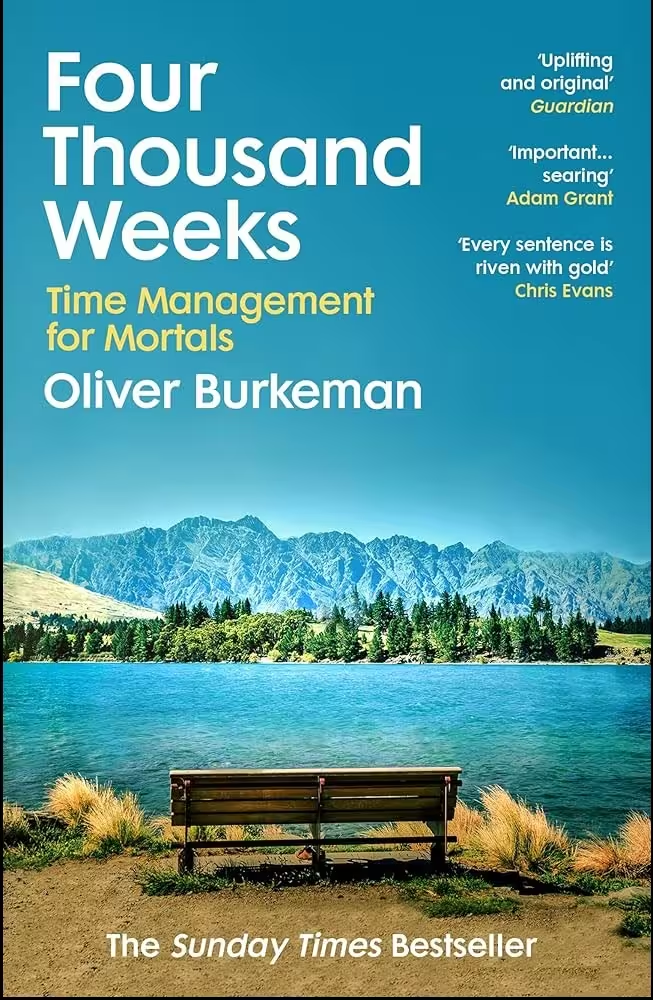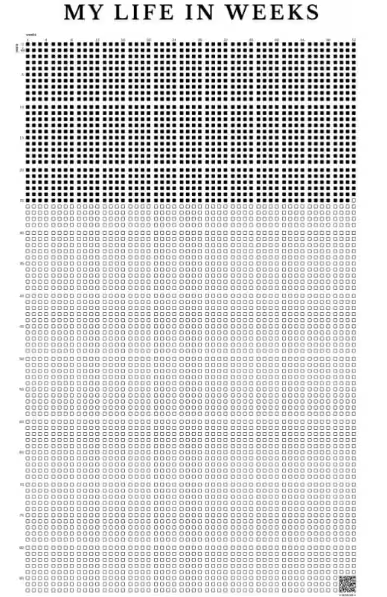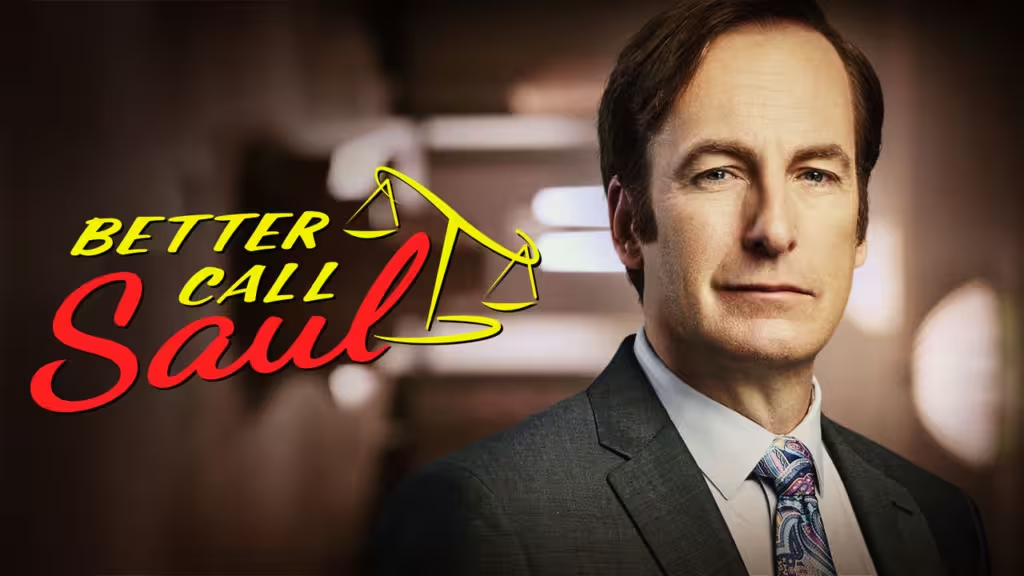The title of this book comes from the fact that the average human life expectancy of ~77 years is equivalent to just four thousand weeks. Many people speak of the impact this book has had on the sobering fact that one day we all must die. However, rather than remaining bleak, the author argues that coming to terms with this is an opportunity for self improvement.
We live in a culture obsessed with productivity and reaching “Inbox zero” in all our tasks. The truth is that this is an illusion, and there will always be more to do. Rather than fall into the trap of trying to reach 100% efficiency in all we do, we should stand back and realise that by doing this we’re letting life pass us by.
Ultimately, the solution is mindfulness. We should try to remain in the present moment, as that’s the only moment we’re capable of experiencing. This book is a call to action to get out of our heads, to stop believing that happiness is some time in the future, and to embrace life today.
I found several concepts in this book that have stuck with me and increased my appreciation for life. Additionally, it’s helped me to reconsider what I’m spending my time on and why.

PRO TIP: Take notes! When you read a book, use a blank sheet of paper as a bookmark. Write down any interesting facts and information from the book. This condenses a whole book into 3-4 pages of key notes that are important and relevant to you.
My Notes on Four Thousand Weeks
- The Efficiency Trap is where increased productivity is followed by an increase in workload, thus trapping you in a cycle. This is most common at work, perhaps you’re the hardest working member of the team, and when you’re the first to finish all your assigned tasks, guess what? You get assigned more work. Not only that, but future work will be distributed with the knowledge of your historical work rate. Now, by going at the same pace as the rest of your team, you would be perceived as “slacking”.
“Work expands so as to fill the time available for its completion” – C. Parkinson
- Companies now sell a “Four Thousand Weeks” poster, with pre-shaded squares to show the life you’ve already lived. Each row is a year, and by constantly facing your own mortality in this form it allows you to better prioritise your time.

- The modern world provides an inexhaustible supply of things that seem worth doing, thus creating a gap between what you’d ideally like to do and what you actually can do.
- If you believe the real meaning of life lies somewhere off in the future and one day all your efforts will pay off, you are avoiding the reality that this day hasn’t arrived yet.
- Our obsession with extracting the greatest future value out of our time distracts us from the reality that life is what’s happening right now.
- We live in an age where enjoying leisure for its own sake is seen as “not enough”. We’re instead encouraged to engage in activities of future-focused self improvement. In order to fully live, you have to refrain from using every spare hour for personal growth.

- You might think going freelance will improve your work/life balance, but you might be less happy overall. This is because if all your friends are working regular hours, you will have fewer opportunities to socialise with them.
“The value of time is not in the sheer quantity you have, but how much of it overlaps with others.” – Oliver Burkeman
How This Book Has Impacted My Life
Reading this book has brought a lot more awareness to the time cost of daily activities. However, my action are in some ways contradictory to the author’s message in this book.
One realisation I had was that reaching “inbox zero” in certain areas of my life is not unattainable. To do so simply requires a stronger filter, rather than increased time investment.
For example, someone recently recommended a series to me they thought I’d “quite like”. At six seasons and 10 episodes per season, watching all of it would be a time commitment of 60 hours. I’m not even arguing that watching online shows isn’t a good use of my time. The argument I’m making is that maybe there is something better already recommended to me.

My solution is to rank the options for a given activity, and then discard the low and medium priority ones. This is somewhat covered in the book – the idea of saying “no” to something that you actually want to do. For me that means shows I’ll “quite like” don’t make the cut, and will never get watched. I keep a track of all books, podcasts, films and series that I’ve considered watching. These get ranked from 1 to 5, and unless they’re a 1 or a 2, I simply ignore them.
This goes further, including to this review I’m writing right now. I have a YouTube channel, and a long list of ideas for content. Couple that with the articles I could write, and there’s more than I can fit around my full time job and two children. By ranking from 1 to 5 and only tackling the 1’s and 2’s, my short list, while still time consuming, is manageable.
One final idea I’ve implemented is to completely stop all new “inbox items” coming in. At the start of 2023 I vowed not to watch or listen to any new shows, books or podcast episodes that weren’t already on my list in 2022. This gave me the breathing room to whittle down my to-do list, knowing that each item crossed off is genuinely one step closer to getting it all done. The scary thing is that it took me 16 months to get through everything I had. That really opened my eyes to what the alternative would have been – trying to get through all of that while also adding new recommendations on top.
I’ve worked hard on my productivity and I’m happier for it. For me, the trick is to spend less time maximising the output and more time aggressively filtering the input. Thanks for reading!

